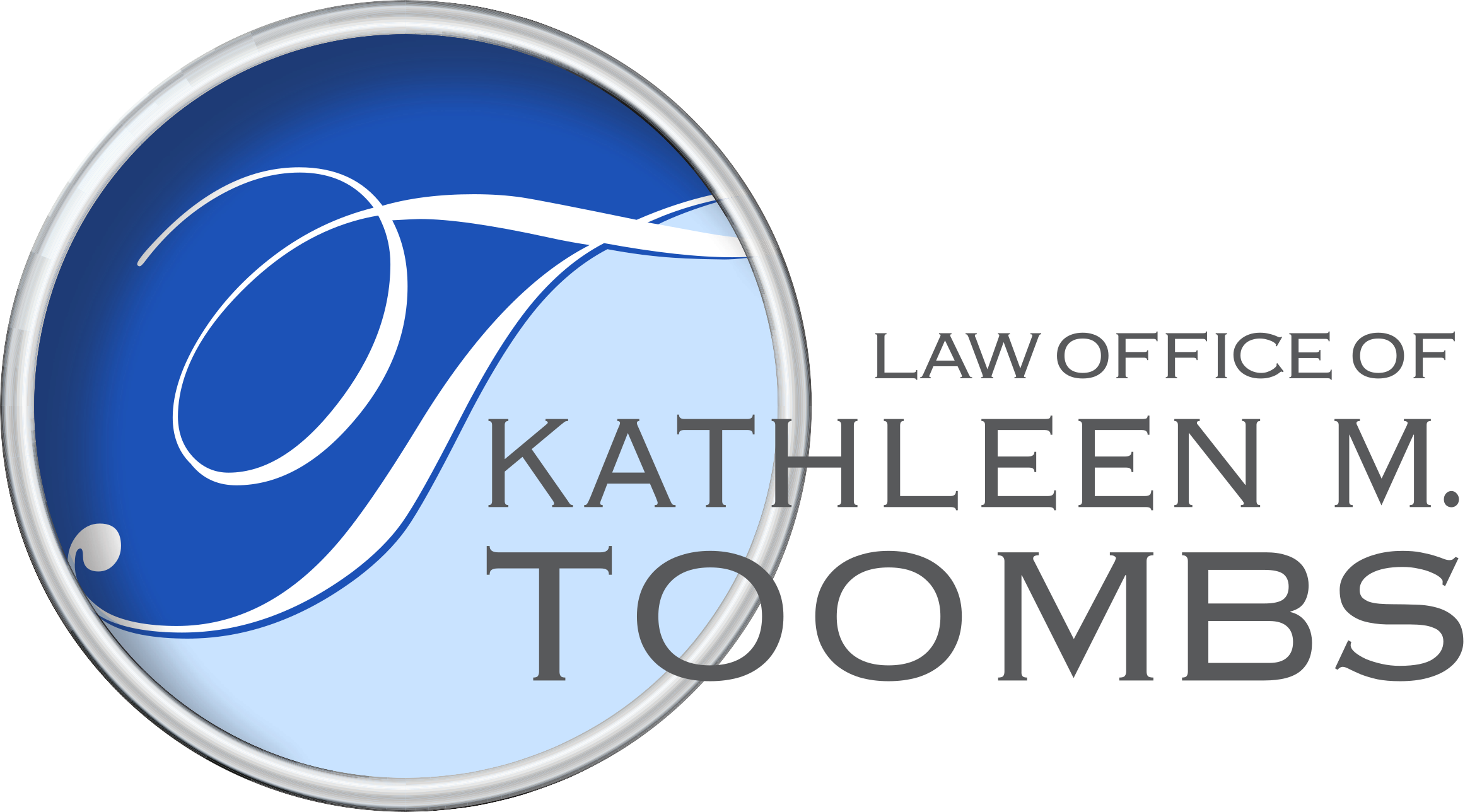Blogs
HOW A LIVING TRUST HELPS YOUR FAMILY
There are several parts to an estate plan, one of them being a living trust. Common factors that prompt someone to create a trust include privacy, tax benefits, avoiding probate, efficient asset management during long-term disability and caring for family members with special needs. Estate planning also lets you dictate how your assets will pass on to future generations after your death.
Avoiding Probate
One of the primary reasons for creating an estate plan is to avoid probate. Unlike a will, a fully funded living trust will avoid probate, typically a lengthy and costly court-supervised process. Probate includes locating and determining the value of the deceased’s assets, paying off any outstanding bills and taxes, and then distributing the remaining value of the estate to the deceased’s rightful beneficiaries or heirs. Avoiding probate is often a top reason for estate planning, and there is no surprise as to why. First, probate can be a costly way to transfer your assets upon death. Second, it is very time-consuming for your family. The New York Court rules require the probate estate stay open seven months. Very often it takes longer to complete the probate process. Complications, such as a contested will or an inability to find clear records of all of the deceased’s assets and debts, can extend this timeline. Finally, probate proceedings are a matter of public record so when your estate goes through this process, there is no privacy. Anyone who walks into the Courthouse can look up what your beneficiaries received under your probate estate.
Types of Trusts
Of course, there are many types of trusts. One way to think about the variety is to consider a toolbox. For example, there are numerous kinds of screwdrivers, hammers, power tools, and so on. Each tool has an intended use. Trusts are no different. When you work with us, we’ll make sure to align the type of trust with the tax-saving needs and other goals of your family whether they be efficient management, asset protection from creditors’ claims (including nursing home costs) and relatives whose goals or lifestyle may not be aligned with yours.
Seek Professional Help
It is important to understand that a trust only controls assets that are in the trust. In other words, you must place these assets in the trust by re-titling them – commonly referred to as “funding” the trust. Moreover, because our lives and the lives of our beneficiaries are always changing (think marriage, childbirth, home purchase, etc.), and so are tax laws. It is essential to continually update and monitor the funding of your trust over your lifetime. For these reasons, you will want to work closely with your estate planning attorney as well as your financial planner to make sure your assets are properly aligned with your planning, whether or not that planning includes a trust. This will not only help you get organized, but it will also make things easier for your heirs when you pass away. You don’t have to go it alone. We are here to help you and your family.
Law Office of Kathleen M. Toombs, PLLC
Recent Posts
Contact Us


